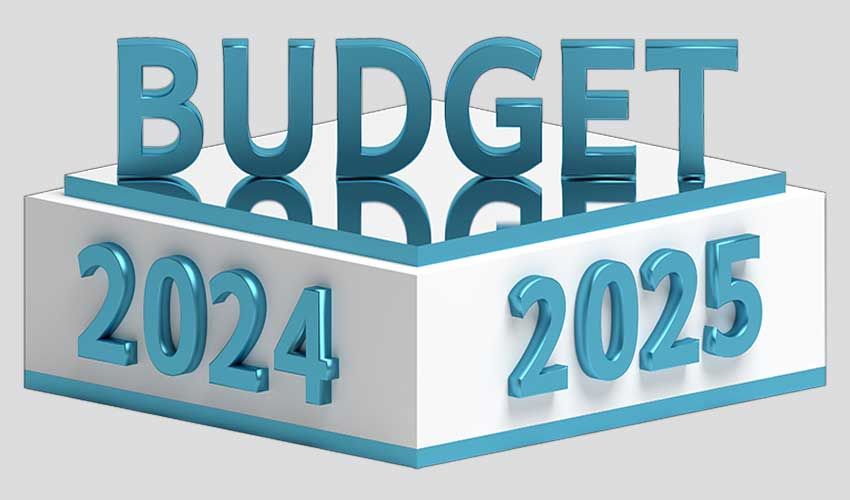The coalition government has informed the International Monetary Fund about substantial revisions to the new budget, signaling a major financial challenge for the fiscal year 2024-25.
According to Ministry of Finance officials, government revenue is expected to decrease significantly by Rs1,258 billion, dropping from Rs10,377 billion to Rs9,119 billion. This decline is projected to widen the fiscal deficit to Rs9,758 billion, surpassing the initial target of Rs8,500 billion. The budget deficit is set to increase by Rs1,258 billion this fiscal year.
Ministry sources attribute the need for these target revisions primarily to a substantial decrease in non-tax revenue. Originally set at Rs4,845 billion, the non-tax revenue target has been revised downward to Rs3,587 billion. Notably, the State Bank’s expected profit has been adjusted to Rs1,258 billion, down from the previous estimate of Rs2,500 billion.
To address the growing budget deficit, the government plans to secure additional local and foreign loans, with projected new loans for this fiscal year amounting to Rs8,489 billion. Despite these measures, the debt-to-GDP ratio is anticipated to remain stable at 64%, with total government debt projected to reach Rs79,731 billion.
The Ministry of Finance also estimates that Rs9,775 billion will be allocated solely for interest payments on loans during this fiscal year. However, factoring in a provincial surplus of Rs1,217 billion, the federal budget deficit could potentially be reduced to Rs8,541 billion.
Additionally, the government expects to generate Rs1,281 billion from the Petroleum Development Levy, which will help mitigate the deficit.
In summary, while striving to maintain a stable debt-to-GDP ratio, the significant revenue decline and heightened reliance on loans underscore the fiscal hurdles facing Pakistan. The revised budget figures and strategies to manage the deficit will play a critical role in the government’s financial planning and negotiations with the IMF.


